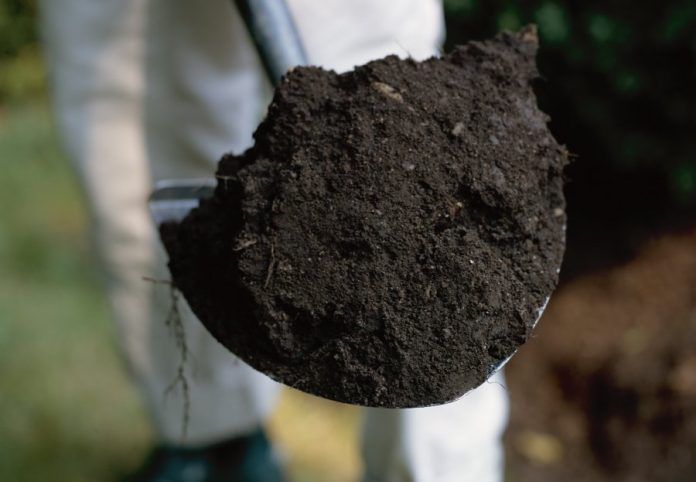Soil is the basis of life and every living thing on the planet. Whether we are growing a vegetable garden or grilling on the balcony of our apartment, we are connected and very dependent on our soil.
“All life depends upon the soil…There can be no life without soil and no soil without life,” Charles E. Kellogg, USDA Yearbook of Agriculture.
In a thimble full of soil, can be found more than 100-million bacteria, strands of fungi, thousands of protozoa and many nematodes; then, add in the mites, spiders and earthworms. All this together forms part of a complex system called the Soil Food Web.
Healthy soil grows healthy plants.
While creepy critters crawling around in your garden might not sound appealing, these organisms are essential for healthy soil. In this Soil Food Web, a truly amazing symbiotic relationship exists between plants and soil organisms which work tirelessly recycling dead plant materials to maintain soil fertility.
Most of these amazing creatures live in the top few inches of soil. We want a healthy diversity of these guys in our soil to improve it. Can we help them out? Yes, to thrive they need air!
Soil compaction eliminates oxygen availability. When oxygen goes down, the bad guys flourish; anaerobic bacteria and fungi that cause plant disease. Aeration can help get vital oxygen where it is needed. Adding compost or top dressing with compost can also loosen up the soil so air and water can penetrate.
Earthworms, which love compost, are great aerators of the soil. All these busy soil recyclers need good food. Compost is the perfect solution to feeding them. It also has the added benefit of increasing the numbers of soil organisms. Compost will also improve soil structure and provide a more favorable soil habitat for the incredible diversity of life that exists there.
In healthy soil, there are also complex humic- and fulvic-acids that help break down nutrients and minerals into available forms for plants. Compost can be rich in these essential building blocks. Adding additional organic matter to the soil will also increase the Cation Exchange Capacity (CEC), which increases the ability of soil to hold nutrients for use when needed. Some bacteria in healthy soil can even convert nitrogen from the air and make it available to plants.
Fertile soil has greater moisture retention. Organic matter can help with clay soil to add structure; helping it resist compaction. In sandy soil, compost can help in nutrient and water retention, allowing water to move laterally. Watering less means a savings for your pocket and less impact on our water supply.
So, enjoy getting out in the garden or landscape this spring and be thankful for those little guys that support life on our planet. Be loyal to your soil.
Contact Beau Propes at Earth Kind Services: Beau@earthkindservices.com






















